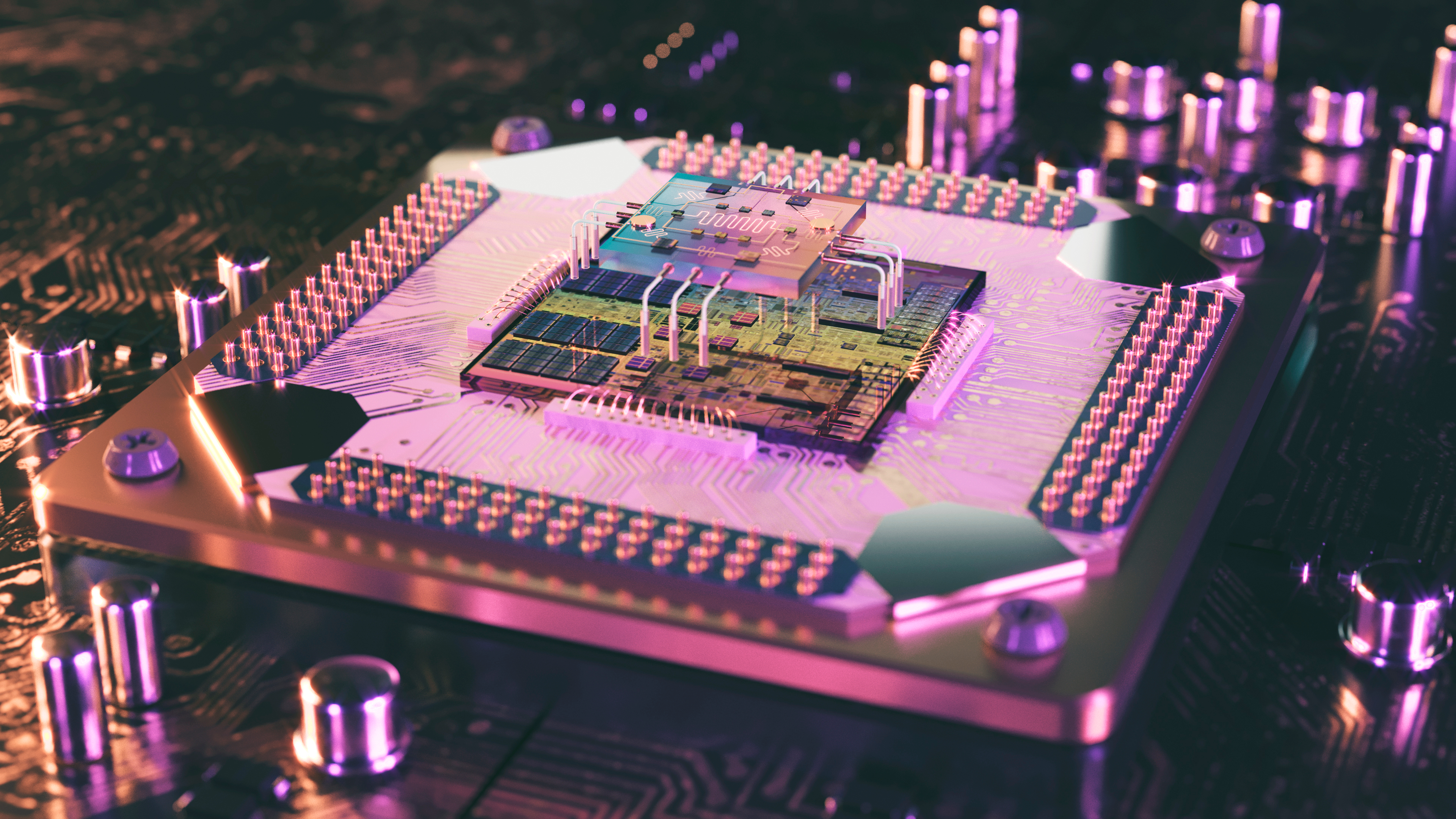Underpinning the quantum revolution
MSL’s Vladimir Bubanja is a member of the International Measurement Confederation’s Technical Committee on Quantum Measurement and Quantum Information (IMEKO TC25). He contributed to a paper described in an article published in Nature Physics, in which experts from MSL and partner organisations* from around the globe explore the critical role of National Metrology Institutes (NMIs) such as MSL in the quantum revolution.

You may have heard how quantum science is causing an impending revolution of science and technology, and its potential to enable quantum computing, uncrackable cryptography and teleportation. This new quantum era is underpinned by metrology, the science of measurement.
Quantum effects are inherent to the International System of Units (SI) – which makes the world go around in a harmonious way. NMIs are in charge of the SI implementation, which demands them to master the highest level of quantum control.
Based on this expertise, NMIs play a leading role in the evolving world of quantum technologies. From developing new devices for generating and detecting individual quanta, to improving understanding of the latest materials such as graphene. The international NMI community is helping to make the far-reaching possibilities of quantum a reality.
With the quantum revolution underway, the need for independent and impartial testing and evaluation is critical. As national laboratories, it falls to us to provide this support, which enables responsible quantum innovation and industrialisation. From established technologies such as random number generation to less mature technologies such as quantum computing, their development is underpinned by metrology and the unbiased testing it enables. Our expertise and impartiality is needed to write the rulebook, setting the standards for new quantum technologies. In a virtuous cycle, we are able to exploit novel quantum technologies for the benefit of metrology itself, which in turn benefits society.
Article published in Nature Physics(external link).
*National Physical Laboratory, UK; Royal Holloway, University of London, UK; Physikalisch-Technische Bundesanstalt, Germany; National Institute of Standards and Technology, USA; National Institute of Metrology, China; Center for Telecommunication Studies, Pontifical Catholic University of Rio de Janeiro, Brazil; Korea Research Institute of Standards and Science, Republic of Korea; and University of Zagreb, Faculty of Electrical Engineering and Computing, Croatia.
